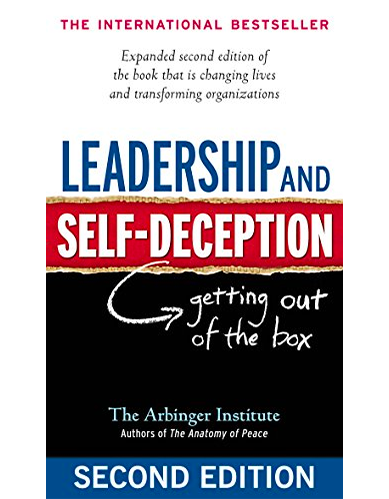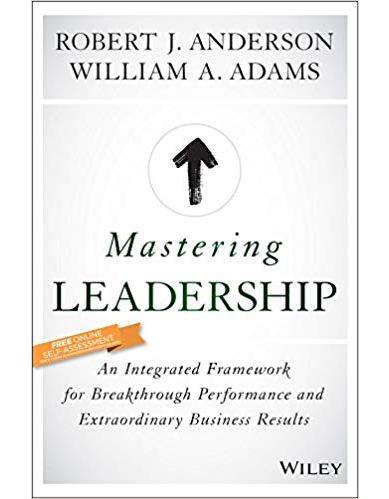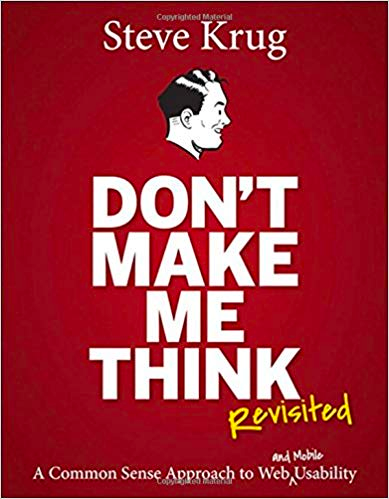In the spirit of today being World Book Day, we have compiled a list of some of our staff’s top book recommendations for e-learning leaders. These books fulfill different needs in our lives, whether it is to inspire or inform.
Through reading, we can learn skills, adopt new perspectives, and experience personal growth. Books embody themes that translate to our everyday lives, and additionally, convey new ways of thinking that can strengthen organizations. The five books we listed provide core strategies for empowering leadership and inspiring innovation.
I hope you enjoy our recommendations and learn something new!
CP Recommended Reads:
 |
Competitive Advantage – Tracy King, CAEIn her debut book, Tracy highlights common mistakes associations make with their learning programs, and also provides a strategy that will take your association to the next level. |
 |
Leadership and Self-Deception: Getting Out of the Box – The Arbinger InstituteIs your leadership style effective? Are you inspiring those around you? This book forces an interpersonal examination to combat self-deception and encourage an environment of trust, teamwork, and enthusiasm. |
 |
Steve Jobs – Walter IsaacsonSteve Jobs is an icon and an inspiration whose drive for perfection revolutionized the technology sector with an emphasis on user experience. His life and work are a source of inspiration for not just those in the technology sector, but also those who aspire to pursue innovation, push boundaries, and lead a purpose-driven life. |
 |
Mastering Leadership – Robert Anderson and William AdamsUnlike other leadership books, this one provides a comprehensive model for leadership development, not just for yourself, but for the entire organization. By recognizing leadership is a collective effort, the authors outline strategies to become a mindful leader who can drive personal growth within the entire organization. |
 |
Don’t Make Me Think – Steve KrugFor those who work in web design, this book is a must-read for developing a common sense approach to web design and functionality. The author argues good web design begins with understanding the instincts of the user and should be so simple that users barely need to think to operate it. This is an excellent book to encourage approaching design in new ways. |


